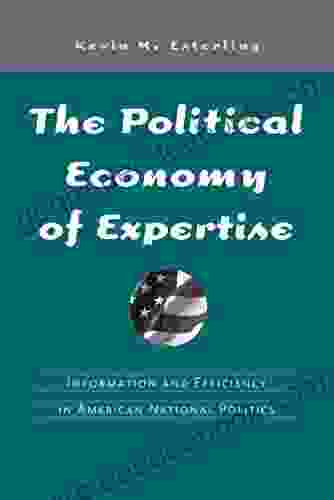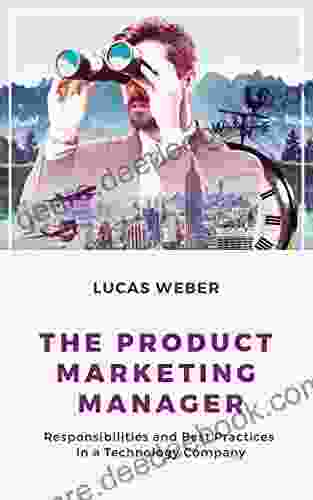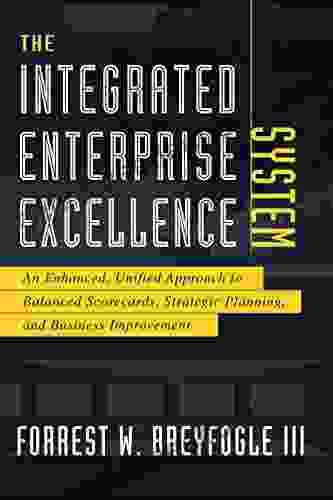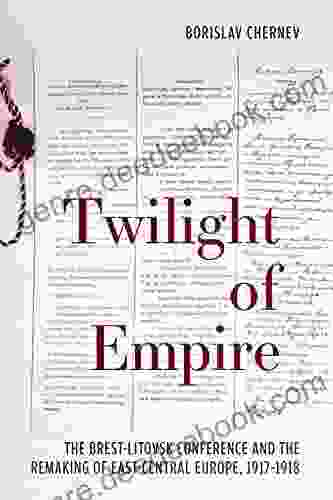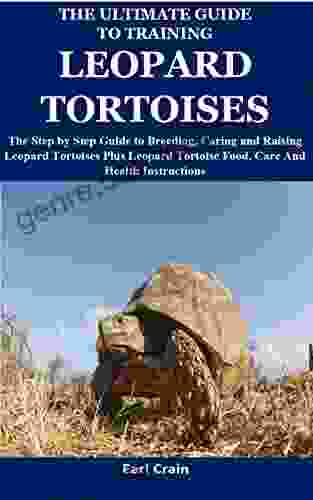The Political Economy of Expertise: Uncovering the Interplay Between Knowledge and Power

5 out of 5
| Language | : | English |
| File size | : | 1597 KB |
| Text-to-Speech | : | Enabled |
| Enhanced typesetting | : | Enabled |
| Word Wise | : | Enabled |
| Print length | : | 302 pages |
| Screen Reader | : | Supported |
In the tapestry of human affairs, expertise and politics have long been intertwined. The former, a reservoir of specialized knowledge, wields considerable sway over decisions and outcomes; the latter, the art of governance, seeks to harness knowledge to shape society's trajectory. The political economy of expertise explores this complex and evolving relationship, shedding light on how knowledge and power intersect, shape decisions, and influence outcomes in our society.
Expertise: A Double-Edged Sword
Expertise, the mastery of a particular field or discipline, carries both promise and peril. Its benefits are undeniable: Experts provide specialized knowledge, analytical insights, and evidence-based recommendations, informing决策making processes across various domains, from healthcare to technology to public policy. However, the concentration of knowledge in the hands of a select few can also present challenges:
- Epistemic closure: Experts may prioritize their own knowledge systems and methodologies, potentially overlooking alternative perspectives and voices, leading to incomplete or biased decision-making.
- Power imbalances: Expertise can confer significant power upon those who possess it, creating potential for abuse or the silencing of dissenting voices.
- Public skepticism: In an era of information overload and fake news, public trust in expertise can be eroded, leading to resistance to expert advice or even anti-intellectualism.
Expertise and Democratic Governance
The role of expertise in democratic governance is particularly complex. On the one hand, expertise is essential for informed decision-making. It provides the knowledge base and analytical tools necessary to address complex societal challenges. On the other hand, the potential for expertise to be captured by powerful interests or to undermine public trust raises concerns:
- Accountability and transparency: How can we ensure that experts are held accountable for their advice and that their knowledge is used in a transparent and unbiased manner?
- Pluralism and diversity: How can we foster a pluralistic and inclusive expert community that represents diverse perspectives and values?
- Public engagement: How can we engage the public in decision-making processes that involve complex expertise, ensuring that their voices are heard and their concerns are addressed?
Knowledge, Power, and Social Change
The political economy of expertise has far-reaching implications for social change. Expertise shapes the way we understand and address societal problems, influencing policy decisions, resource allocation, and public discourse. It can be a force for progress, providing the knowledge and tools to tackle inequality, environmental degradation, and other challenges. However, it can also perpetuate existing power structures if knowledge is used to maintain the status quo or suppress dissent.
To harness the benefits of expertise while mitigating its potential risks, we need to foster a critical understanding of its role in society. This includes:
- Recognizing the limits of expertise: Expertise is not infallible, and there are often multiple ways of understanding and addressing complex problems.
- Promoting pluralism and diversity: Encouraging a diversity of perspectives and values in the expert community helps to prevent the dominance of narrow interests.
- Fostering public engagement: Creating mechanisms for the public to participate in decision-making processes ensures that their voices are heard and their concerns addressed.
- Strengthening accountability and transparency: Holding experts accountable for their advice and ensuring transparent decision-making processes helps to build trust and prevent abuse of power.
: Navigating the Complex Landscape
The political economy of expertise is a complex and ever-evolving landscape, where knowledge and power intersect in myriad ways. As societies grapple with increasingly complex challenges, the need for expertise and its effective integration into decision-making processes is more critical than ever. By embracing a critical understanding of the interplay between expertise and politics, we can harness the benefits of knowledge while mitigating its potential risks, fostering informed and inclusive decision-making that serves the common good.
References
- Ezrahi, Y. (2000). The Descent of Icarus: Science and the Transformation of Contemporary Democracy. Harvard University Press.
- Jasanoff, S. (2004). States of Knowledge: The Co-Production of Science and Social Order. Routledge.
- Shapin, S. (1994). A Social History of Truth: Civility and Science in Seventeenth-Century England. The University of Chicago Press.
- Stokes, D. E. (1997). Pasteur's Quadrant: Basic Science and Technological Innovation. Brookings Institution Press.
- Wynne, B. (1996). May the Sheep Safely Graze? A Reflexive View of the Expert-Lay Knowledge Divide. In S. Lash, B. Szerszynski, & B. Wynne (Eds.),Risk, Environment and Modernity: Towards a New Ecology (pp. 44-83). Sage.
5 out of 5
| Language | : | English |
| File size | : | 1597 KB |
| Text-to-Speech | : | Enabled |
| Enhanced typesetting | : | Enabled |
| Word Wise | : | Enabled |
| Print length | : | 302 pages |
| Screen Reader | : | Supported |
Do you want to contribute by writing guest posts on this blog?
Please contact us and send us a resume of previous articles that you have written.
 Novel
Novel Page
Page Chapter
Chapter Reader
Reader Library
Library Paperback
Paperback Magazine
Magazine Paragraph
Paragraph Sentence
Sentence Shelf
Shelf Glossary
Glossary Foreword
Foreword Preface
Preface Annotation
Annotation Footnote
Footnote Library card
Library card Narrative
Narrative Biography
Biography Autobiography
Autobiography Narrator
Narrator Resolution
Resolution Librarian
Librarian Catalog
Catalog Card Catalog
Card Catalog Borrowing
Borrowing Research
Research Lending
Lending Reserve
Reserve Academic
Academic Journals
Journals Reading Room
Reading Room Rare Books
Rare Books Special Collections
Special Collections Interlibrary
Interlibrary Literacy
Literacy Study Group
Study Group Thesis
Thesis Dissertation
Dissertation Awards
Awards Book Club
Book Club Phillip Hamilton
Phillip Hamilton Vahram Muratyan
Vahram Muratyan Lindsey Craig
Lindsey Craig Chris Hedges
Chris Hedges G D H Cole
G D H Cole K Kinambuga
K Kinambuga Jim Mcdougal
Jim Mcdougal Richard Moran
Richard Moran Jeffrey Siger
Jeffrey Siger David Honeyboy Edwards
David Honeyboy Edwards Bond Halbert
Bond Halbert Cgp Books
Cgp Books Randall Amster
Randall Amster Leonie Charlton
Leonie Charlton John Forester
John Forester Caroline Fredrickson
Caroline Fredrickson Carole Mortimer
Carole Mortimer Mark Gallagher
Mark Gallagher Jim Keith
Jim Keith Joe B Fulton
Joe B Fulton
Light bulbAdvertise smarter! Our strategic ad space ensures maximum exposure. Reserve your spot today!

 Yasushi Inoue25 Projects To Make From Short Lengths Of Fabric: Creative Ideas to Inspire...
Yasushi Inoue25 Projects To Make From Short Lengths Of Fabric: Creative Ideas to Inspire... Mario SimmonsWanderer of the Wasteland: Unraveling the Adventures of Zane Grey's Iconic...
Mario SimmonsWanderer of the Wasteland: Unraveling the Adventures of Zane Grey's Iconic... Efrain PowellFollow ·2.7k
Efrain PowellFollow ·2.7k Bernard PowellFollow ·15.2k
Bernard PowellFollow ·15.2k Bryan GrayFollow ·9.2k
Bryan GrayFollow ·9.2k Gage HayesFollow ·16.9k
Gage HayesFollow ·16.9k Langston HughesFollow ·18k
Langston HughesFollow ·18k Hector BlairFollow ·12.2k
Hector BlairFollow ·12.2k Ed CooperFollow ·18.9k
Ed CooperFollow ·18.9k Patrick HayesFollow ·8.1k
Patrick HayesFollow ·8.1k

 Rodney Parker
Rodney ParkerBasics Beginner Guide To Stage Sound
Start with a good source. The...
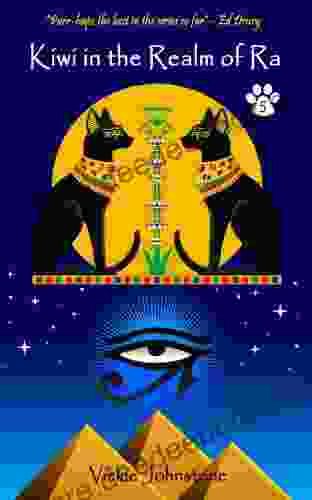
 Glenn Hayes
Glenn HayesKiwi in the Realm of Ra: Exploring the Mystical Kiwi...
Origins and...
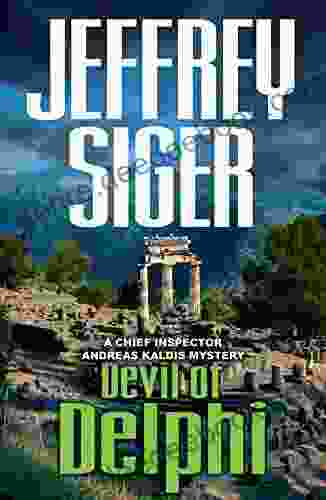
 John Grisham
John GrishamAdvances In Marine Biology Volume 71
Unveiling the Hidden Wonders...

 Edison Mitchell
Edison MitchellGoodbye Brings Hello: Embracing the Transformative Power...
In the tapestry of life, endings...
5 out of 5
| Language | : | English |
| File size | : | 1597 KB |
| Text-to-Speech | : | Enabled |
| Enhanced typesetting | : | Enabled |
| Word Wise | : | Enabled |
| Print length | : | 302 pages |
| Screen Reader | : | Supported |


